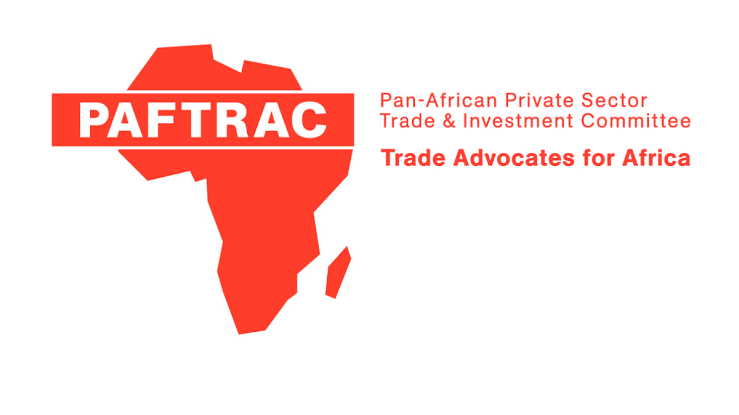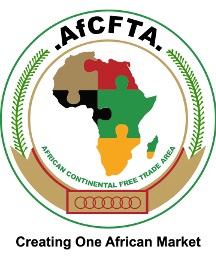Nigeria’s manufacturers have warned that a proposed Tax Stamp System for excisable goods could raise production costs, worsen inflation, and weaken the country’s position in continental trade just as businesses are beginning to benefit from recent tax reforms.
The Manufacturers Association of Nigeria (MAN) said the plan, reportedly under government consideration, would add a new layer of compliance costs that manufacturers would have no choice but to pass on to consumers. With many households already struggling with rising prices, the group fears this would shrink demand further and push consumers toward cheaper, illicit alternatives.
“This will further shrink demand and push more people toward cheaper, illicit alternatives,” MAN said in a statement signed by its Director-General. It warned that local products could become less competitive than imports from other African markets, limiting Nigeria’s ability to take full advantage of the African Continental Free Trade Area (AfCFTA).
The association praised the 2025 Tax Act for consolidating multiple levies, simplifying compliance, and reducing the cost of doing business. But it argued that introducing tax stamps would reverse those gains, creating what it described as a “hidden tax burden” that undermines the spirit of the reforms.
“The 2025 reforms were meant to ease the cost of doing business and encourage investment. Introducing tax stamps risks reversing these achievements and discouraging industrial growth,” the statement read.
Proponents of tax stamps often argue they help curb smuggling and counterfeiting, but MAN challenged this claim. It cited evidence from other countries showing limited success, with vendors supplying the technology often being the primary beneficiaries. The group added that higher prices caused by tax stamps could even worsen illicit trade, while the risk of counterfeit stamps would make it harder to distinguish between genuine and fake products.
The manufacturers argued that Nigeria already operates digital platforms that provide the visibility and traceability tax stamps are supposed to offer. These include the Nigeria Customs Service’s B’Odogwu Automated Excise Register System (ERS) and the Federal Inland Revenue Service’s e-invoicing platform.
“These home-grown systems give government the real-time visibility that tax stamps promise, without the additional costs and disruptions,” MAN said. Adding another layer of compliance, the group warned, would only create bottlenecks and slow down business operations.
The association pointed to examples in Kenya, Uganda, Tanzania, and Ghana, where tax stamp policies sparked legal disputes, increased compliance costs, and failed to eliminate illicit trade. Even in the United Kingdom, MAN noted, stamp-based systems have been reformed after being deemed costly and ineffective , a lesson Nigeria should not ignore.
MAN urged the government to focus on strengthening existing digital tools, border controls, and enforcement instead of pursuing a tax stamp system. It also called for comprehensive stakeholder consultations and a transparent impact assessment before any decision is made.
Although there has been no official announcement, MAN said it has credible information that the government is considering the tax stamp policy based on suggestions from some vendors claiming it would curb illicit trade. The association recalled that a similar proposal in 2018 was rejected by stakeholders across the industry.
Manufacturers say that rather than solving problems, a tax stamp system risks introducing new ones,increasing costs, raising prices, and weakening Nigeria’s competitiveness just as the economy seeks growth under AfCFTA.










